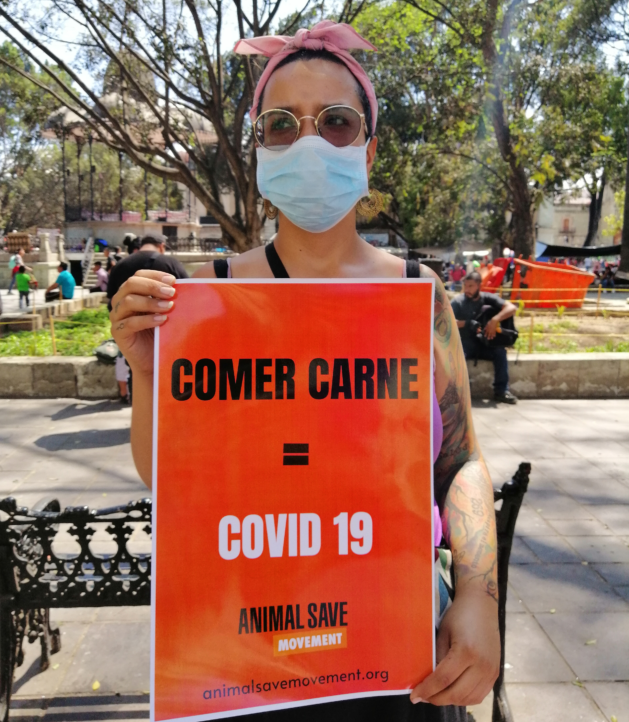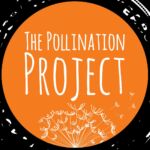“Is The Pollination Project still supporting projects in animal welfare? I thought you were only focusing on pandemic relief right now.”
This comment, from a dear friend, is something I’ve been thinking about for a week now.
This time of global crisis has led us all to recognize our interconnectedness. However, for reasons that are still not clear to me, many are still failing to realize our deep connection to animals.
This is particularly ironic given that COVID-19 is perhaps the most extreme recent example of the inextricable link between public health and animal welfare. COVID-19, along with other disease outbreaks before it, are the byproducts of cruel and inhumane food systems. Diseases that originate from animals are known as zoonotic, and examples include COVID-19, H1N1, SARS, and many others. In fact, as much as 60% of every known infectious disease originates from contact with animals.
It is thought that COVID-19 originated in “wet markets” in China, putrid places where bats, dogs, peacocks, crocodiles, birds, and other animals are kept in overcrowded and unsanitary conditions. In these nightmarish venues, the shells of turtles are removed from their bodies while they are still living. Wolf cubs, hungry and mangy, huddle in their own excrement. The sick, dead, and dying coexist in the same cages, awaiting a gruesome fate.
Perhaps you’re thinking – “but these are wet markets, and I’ve never shopped at one.” The conditions I’m describing are not dissimilar to factory farms, where other outbreaks such as swine flu originated and are further complicated by the extreme overuse of antibiotics.
Farmed animals are just as sentient as those in wet markets. Perhaps the only real difference here is that in factory farms, the suffering is often not in public view.
If the world completely stopped factory farming, would zoonotic disease be eliminated? No. We still have interactions with animals as pets and in the wild. However, it is undeniable that the primary vector for these diseases is associated with eating animals, and a significant cofactor is the conditions under which those animals are kept.
So yes, The Pollination Project is still supporting projects in animal welfare; in fact, we see this as a unique and timely moment in which to do so.
We will continue to uplift individual changemakers like Smitha Daniel, who is mapping illegal wildlife trade routes in India and educating villagers about animal-borne disease; and Beatriz Silva, who is organizing to stop the torturous live export of animals from Brazil; and the volunteers at Animal Brigada Mexico (pictured), who are conducting large-scale protests and education on the human health consequences of factory farming, to name just a few.
In a recent interview in advance of her eighty-sixth birthday, Jane Goodall reflected on social distancing and self-isolation, and how it made her think of animals in captivity. “We are not separated from the animal kingdom, we are part of it,” she said.
Perhaps this is finally the moment in history when we all realize this truth.



